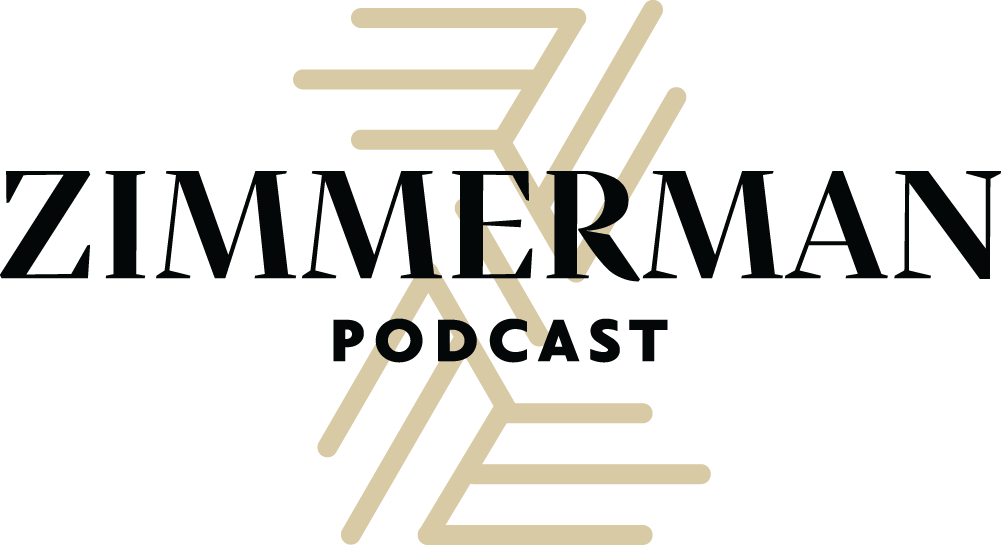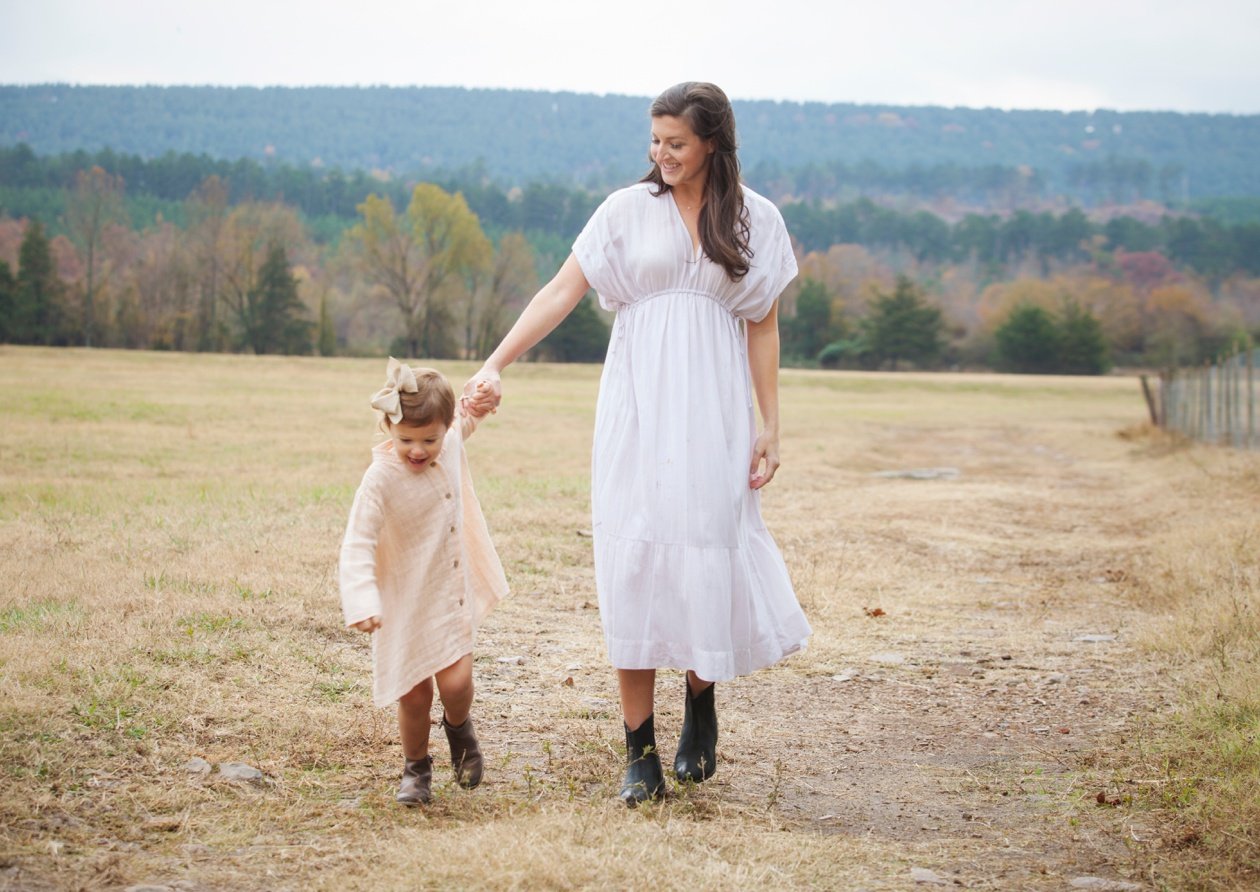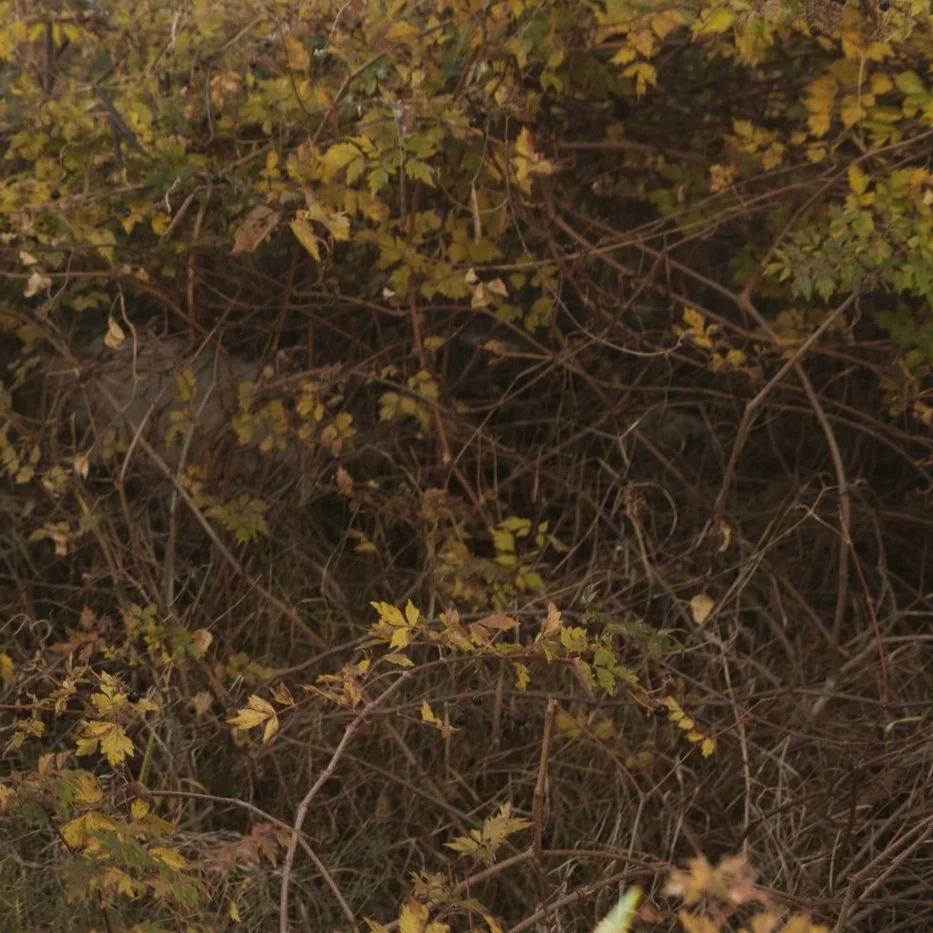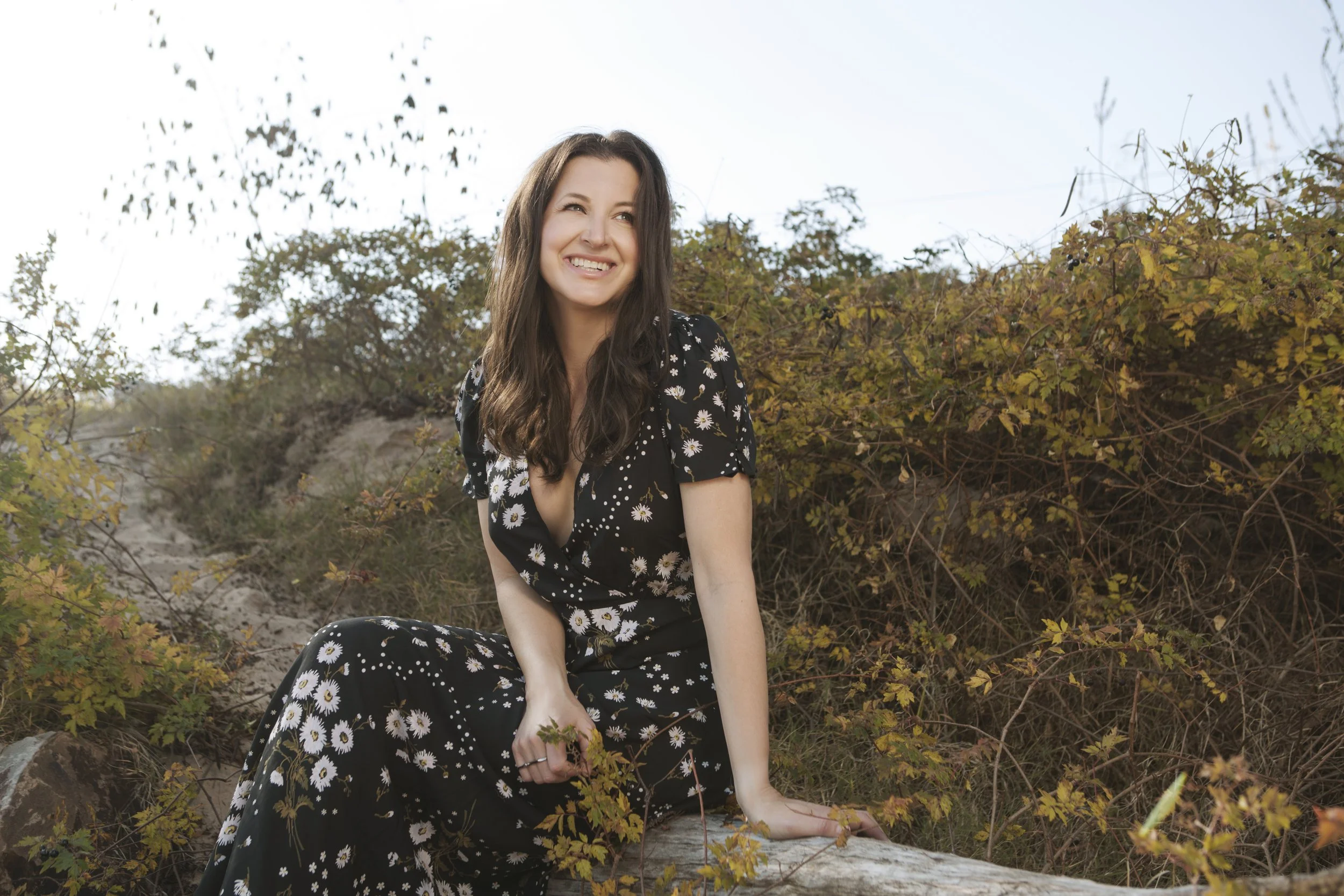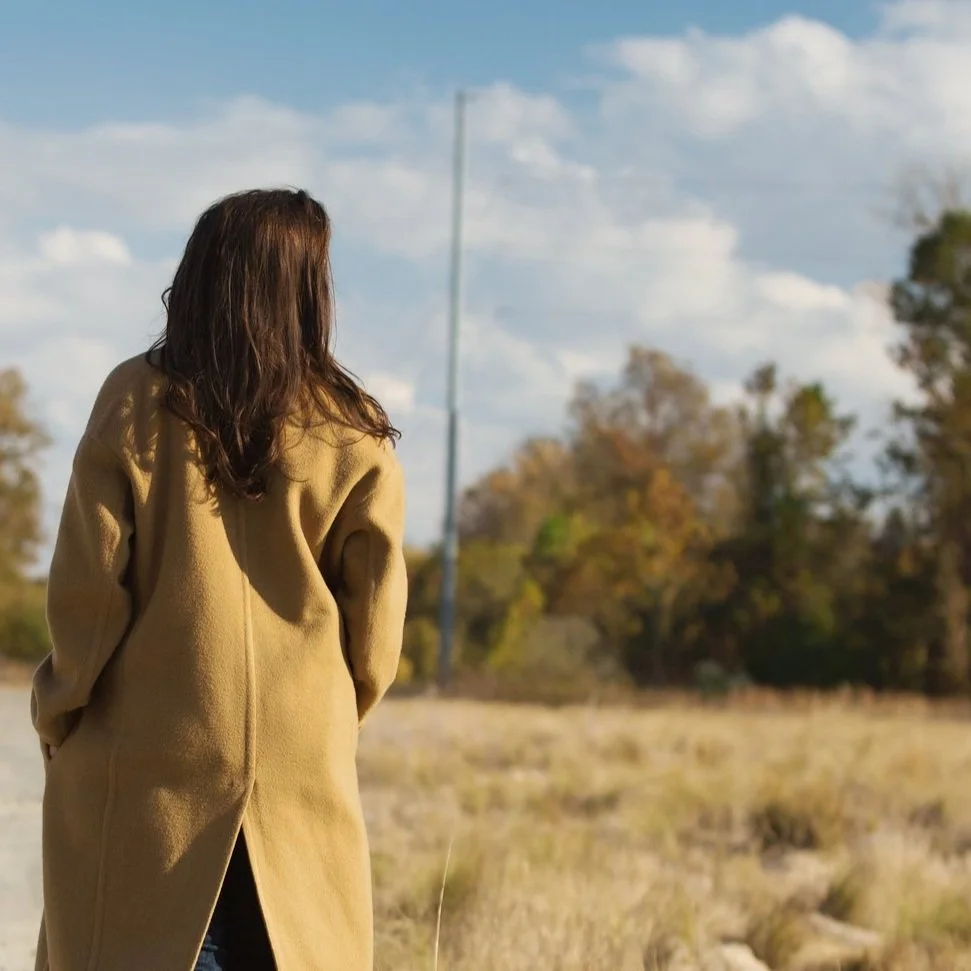You Can't Get Where You're Going Without a Map: Annual Planning with Tawnya Falkner of Le Grand Courtage 010
I had such a blast chatting with Tawnya Falkner, the creator of Le Grand Courtage sparkling wines for Zimmerman Podcast episode 010.
While there’s obvious crossover between myself in the wedding industry and Tawnya in sparkling wine, today Tawnya and I focus more on the overlap we have in creating powerful brands, turning passion projects into actual monetized businesses, reverse engineering creative ideas, and how to define your destination so you can plan your journey.
Tawnya has so much wisdom to share, whether you’re an entrepreneur or just someone trying to create an intentional life, this episode is a can’t miss for you!
Tawnya is a serial entrepreneur, like myself and so many of our listeners. When I first asked Tawnya if she wanted to be on the podcast, I showed her the topics I wanted to cover for this season, one of them being annual planning. She immediately knew she wanted to chat about this with me, so we talked about how to intentionally plan for success. Because you can’t get where you want to go without a roadmap-- especially when the road is taking you to France, as it did with Tawnya! As she says, “if you don’t define the destination, you can’t create the roadmap to get there.”
Special offer for you
Cheers! Get $4.99 shipping from Le Grand Courtage with promo code ROADMAP
Filling a gap in the market
We started off talking about her seeing a need to fill a space in the sparkling wine industry. I asked her what was lacking in that industry, and how she identified the need and realized she could make money. The more she looked at the sparkling wine industry, the more she realized there was a gap in price, palette and packaging.
I was curious how she solved old problems in new ways, to present a different sparkling wine option, and market to set herself apart in the wine industry.
When it came to price she wanted an affordable French sparkling wine. Because her company produces in Burgundy not Champagne, France she has more of an artistic latitude and creative freedom in her sparkling wine production. At the end of the day, she wanted people to be able to celebrate and commiserate with sparkling wine everyday, not just on special occasions.
Using her architecture background, Tawnya has been intentional in creating a compelling design to catch people’s attention, because she knows 70% of the American market is consumed based on packaging. Shelf space is expensive real estate regardless of product price, so it’s important to make products eye-catching and visually appealing.
A pretty logo does not a business make
I myself learned the importance of shelf real estate from my days working for a kitchen store, so I know the importance of branding. Much of my audience and students struggle with this, so I wondered if branding was a big part of carving a new path for her product, and what her thoughts were about investing in branding to help craft a cohesive and consistent brand voice. While there is value in a logo, branding is about so much more. A pretty logo does not a brand or business make.
Tawnya said for her, when it comes to branding, she starts with the why, because people don’t buy what you do, they buy why you do it. If it resonates with the “hearts and minds” (not “minds and hearts”) of consumers, then there is an emotional core that branding can speak to.
Branding is everything you do… it’s the logo, package, font, color, imagery. With her product-based business, she has to think about the shelf real estate – about what’s going to make her brand stand out, even on a subconscious level. She created a bottle to be intentionally timeless, elegant and to evoke the feeling of being expensive, while also being modern, clean and fresh. She created her brand with the intention of her consumer to buy weekly or monthly – to elevate the everyday with wine.
Roadmap to success and planning
We chatted about what her planning process looks like when exploring a new idea or project, and how she sets goals and then reverse engineers them to get the result she wants. She said for Le Grand Courtage, she reversed engineered her goals based on the three gaps she saw in the industry and asked herself, “What do I need to create to fill that gap?”
For long term planning she has a vision board where she dreams big. She thinks about where she wants to go and then creates the road ma, breaking it down into incremental steps. Her early stages start as a brain dump – big ideas, small details, everything. She then sets that brain dumb aside and comes back to it, even days or weeks later.
This allows her ideas tend to percolate in the back of her mind.
She also shared how important it is for her to talk to others and seek criticism from a trusted focus group of men and women who will pick apart her ideas. She takes their questions, concerns, feedback and lets it influence her decision making.
For her, critique and criticism is an opportunity for correction and it helps her to be successful down the line.
When I encountered brides who I wanted to book but didn’t end up booking with me, I sent a survey to understand why. One time, I found out I wasn’t booked because the script-like font I used with my branding was hard to read and the mother of the bride didn’t want to always ask questions about what each written item said. It was such an easy change, and I would have never known that if I didn’t ask.
Criticism and feedback can be hard, but when we know better, we do better.
Becoming and being an entrepreneur
Tawnya uses her innate curiosity to propel her business. She had a boss whose philosophy was “‘No’ means ‘maybe,’ and ‘maybe’ means ‘yes’” – he didn’t believe in impossibilities.
She discovered that a ‘no’ was really an invitation to curiosity. She had to learn to ask questions, like, “why not?” “what about this?” “what if…”
Thankful
Grab all those resources you’ve been wanting for 50% off with code THANKFUL
We’re all figuring it out and gaining new tools for our toolbox
We also chatted about venturing into something new without a plan. Although, she’s a type-a perfectionist who usually digs in, goes deep, and analyzes things, there have been a few times she’s taken a big business leap.
Most people don’t have all the answers- we’re all trying to figure it out. If you have the tools and are willing to put in the work, then most things are “figureoutable”.
While Tawnya was sharing about this, I was raising my hands silently saying ‘amen’ because I couldn’t agree more. First, most people don’t know what we’re doing, they might just be a little ahead of where someone else is. We’re all on a journey, figuring things out together.
She also commented on comparison being the thief of joy and how so often people limit themselves and let fear hold them back. She wrote an article “Why Entrepreneurs Should Talk About Feelings of Fear, Failure and Fraud,” which addresses imposter syndrome, the fear of failure, and how we need to realize that no one has it all figured out. To read her article, click here.
Mindset shift for creatives who don’t like to plan
Tawnya and I then talked about what ‘creative types’ who aren’t natural planners do to create systems and order in their lives and businesses. Tawnya said that if you can learn to appreciate that measures, numbers, planning, etc. actually allow you to be successful in what you really want to do, (all the beauty and creative things that feed your soul), that subtle shift can help you realize the value in planning.
She went on to say there are a lot of phenomenal ideas, but people can fail at implementation, execution, and follow-through. She used the analogy of a pilot flying at night without their dashboard instruments to guide them. They’re essentially flying blind.
We have to be willing to come back to our business dashboard and use our instruments (numbers, sales goals, etc.) to help us get where we want to go. She always tells her team “you can’t manage what you can’t measure.” And she’d say to anyone, if you’re not a planner, partner with one or hire one.
Speaking about hiring a team…
When she hires, she has new employees take a personality test before they come on-board. There is no right or wrong outcomes to this test, but she recognizes it takes a lot of different personalities to make a successful team and she wants to capitalize on people’s strengths and be aware of their weaknesses -- we all have them!
Tawnya was totally speaking my language! I really feel for “solopreneurs,” because you can’t do it all by yourself. What makes a great company is the amazing combination of strengths of everyone involved. The more strengths you can collect, the better the team will be. We need to recognize and hire to our own weaknesses.
This conversation was so good, we hit on so many more topics running a product-based business, the wine industry, the willingness to fail fast and try something, thinking outside the box and strategic marketing, being multi-passionate, having an exit strategy for your business, and the psychology of price. I can’t wait for you to hear the whole conversation when you listen to the episode.
Show notes & links
Special offer for you
If you follow Le Grand Courtage’s site link below, you’ll see a stunning website that tells you everything you need to know about Tawnya’s Brand and the products she sells. The truth is, whether you have a product-based business like Tawnya, or a service-based business like I have with Zimmerman, you need a website that books clients, sells your product, and makes you money! Come Spring 2020, we’re releasing a brand new resource that will guide you through creating a killer website that looks and feels like you.
When you’re done (or to get you through the process), you can celebrate with a big glass of Le Grand Courtage’s sparkling wine and a discounted shipping code: $4.99 shipping fee on a minimum $40 purchase, valid through June 2020.
Use promo code: ROADMAP
Where to find and follow Le Grand Courtage:
Instagram: @legrandcourtage
AND to find out more about creating your own beautiful website, go to awinningwebsite.com.
Free Resource
If you’re wanting to start a business, you need to know your numbers, and you need a plan. When you have a plan, you have freedom! That’s why I created a free resource to help you figure out what you need to make financially to make your business profitable-- The Four Numbers Every Business Owner Should Know.
It’s tempting to close your eyes and avoid looking at your finances because you’re scared you won’t like what you’ll see. Ignorance is not bliss! But to make your business profitable and sustainable, you need to know your numbers! To get this free resource, head to zimmermanpodcast.com/knowyournumbers
Discount for you
This past year on my vision board I one word written in big, bold letters: gratitude. I’ve built my whole year around that one work and it changed my life for the better. This episode is airing the Tuesday before Thanksgiving and I’m celebrating by showing my gratitude to you, by giving you a one-time code for 50% off anything and everything in my shop: contracts templates, webinars, the Booking Reboot, whatever you want it’s yours for 50% off, just use code THANKFUL at checkout.
Just like my attitude of gratitude, this isn’t limited to only Thanksgiving week, it’ll work one-time only anytime. Celebrate with me and grab all those resources you’ve been wanting. Go to zimmermanpodcast.com/thankful and be sure to use code THANKFUL
Other mentions
Why Entrepreneurs Should Talk About Feelings of Fear, Failure and Fraud – Tawnya Faulkner
Simon Sinek “Find Your Why” 3 video series
https://www.youtube.com/watch?v=fSLrhTw2tQA&list=PLgCOAz4cqZMTqDVfY6MtWuupJmFwd1M3D
Celebrate with me
Pour yourself a big glass of Le Grand Courtage’s sparkling wine with a discounted shipping code:
$4.99 shipping on a minimum $40 purchase, valid through June 2020. Use promo code: ROADMAP
